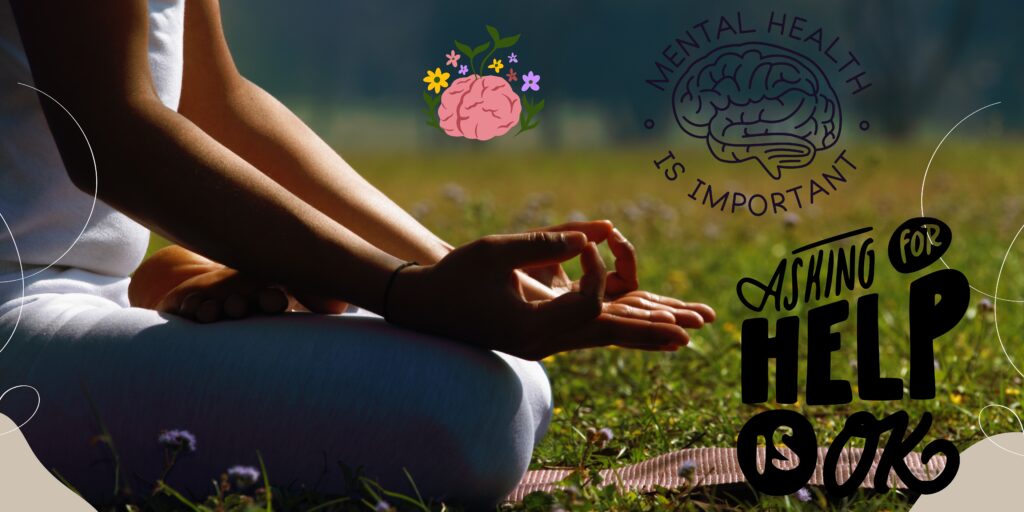
In today’s fast-paced world, our mental health often takes a back seat. However, small lifestyle adjustments can have a big impact on mental well-being, helping us to feel more balanced, resilient, and joyful. Here are 10 easy-to-adopt lifestyle changes that can greatly enhance your mental health and well-being.
1. Prioritize Quality Sleep
Good sleep is foundational to both mental and physical health. Aim for 7-8 hours of restful sleep per night. Create a calming bedtime routine, limit screen time before bed, and ensure your sleep environment is dark and cool to improve sleep quality.
2. Practice Mindful Eating
What we eat can impact how we feel. Avoid highly processed foods and prioritize whole foods like fruits, vegetables, whole grains, lean proteins, and healthy fats. Mindful eating—focusing on the flavors and textures of each bite—can also help reduce stress and improve digestion.

3. Exercise Regularly
Physical activity releases endorphins, also known as “feel-good hormones.” Aim for at least 30 minutes of moderate exercise daily, whether it’s walking, jogging, dancing, or practicing yoga. Exercise helps improve mood, reduce anxiety, and boost overall mental clarity.
4. Engage in Daily Mindfulness or Meditation
Meditation and mindfulness practices encourage a calm, focused mind. Spending as little as 5-10 minutes a day on mindful breathing or meditation can reduce stress, improve focus, and increase resilience to life’s challenges.
5. Connect with Loved Ones
Social connections are vital for mental well-being. Make time for family, friends, or supportive communities, as these relationships provide emotional support and a sense of belonging, which can buffer against stress and depression.
6. Limit Screen Time and Social Media Use
Spending too much time on screens, especially on social media, can impact mental health by increasing feelings of anxiety, isolation, or self-comparison. Set boundaries for screen time and take breaks to be more present in real-life moments.
7. Practice Gratitude Daily
Gratitude has a profound effect on happiness. Consider writing down three things you’re grateful for each day. Practicing gratitude shifts your focus from what’s lacking to what’s already positive in your life, enhancing emotional well-being.
8. Set Realistic Goals
Set small, achievable goals for both personal and professional life. Achieving even the smallest goals can boost confidence and foster a sense of accomplishment. Break larger goals into manageable steps to avoid feeling overwhelmed.
9. Spend Time in Nature

Nature has a calming effect on the mind. Whether it’s a short walk in a park, a hike, or simply sitting in a garden, spending time in nature reduces stress, improves mood, and increases feelings of contentment and peace.
10. Learn Something New
Engaging in lifelong learning stimulates the mind and fosters a sense of purpose. Learning something new—like a hobby, skill, or language—keeps your mind sharp and offers a productive distraction from daily stressors.
Conclusion
Incorporating these simple lifestyle changes can significantly improve your mental health and overall well-being. While it’s normal to experience ups and downs, making intentional choices to prioritize your mental health will lead to a healthier, happier, and more balanced life.
Each step is a small investment in your well-being, and even minor adjustments can create lasting positive changes. Start today with one or two tips and gradually build up, turning these practices into habits that nurture your mental health for years to come.

